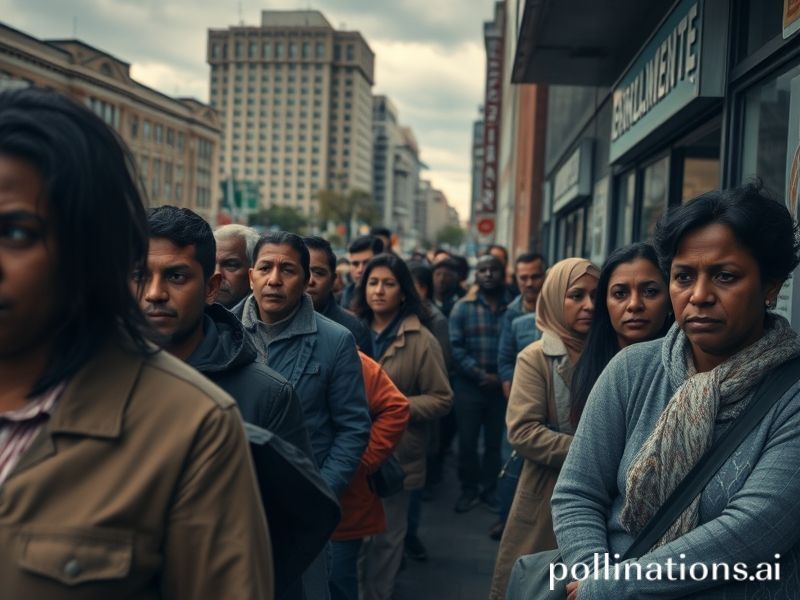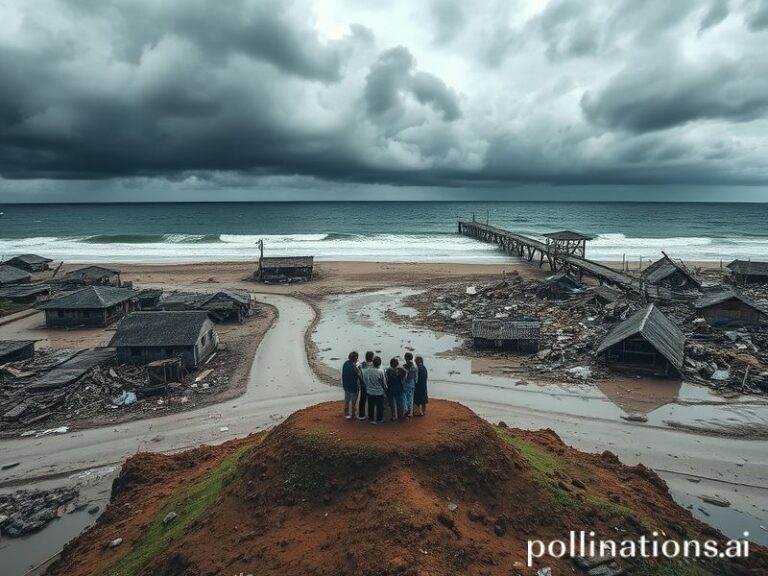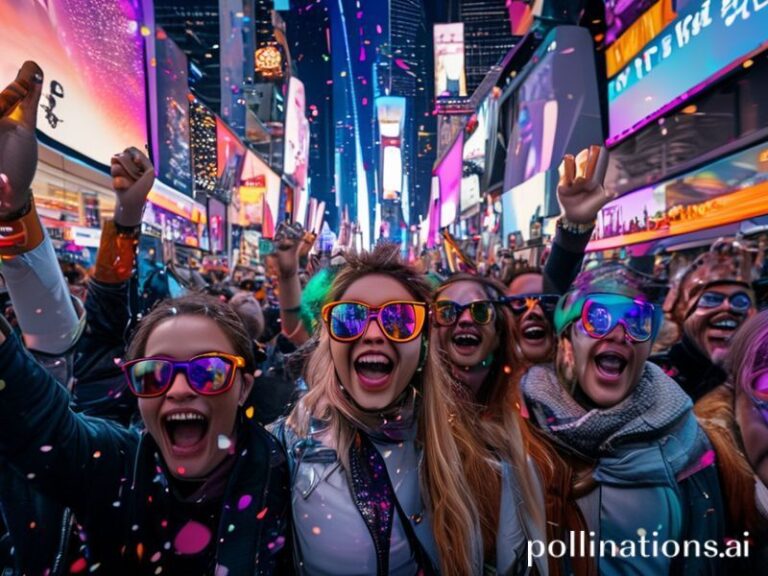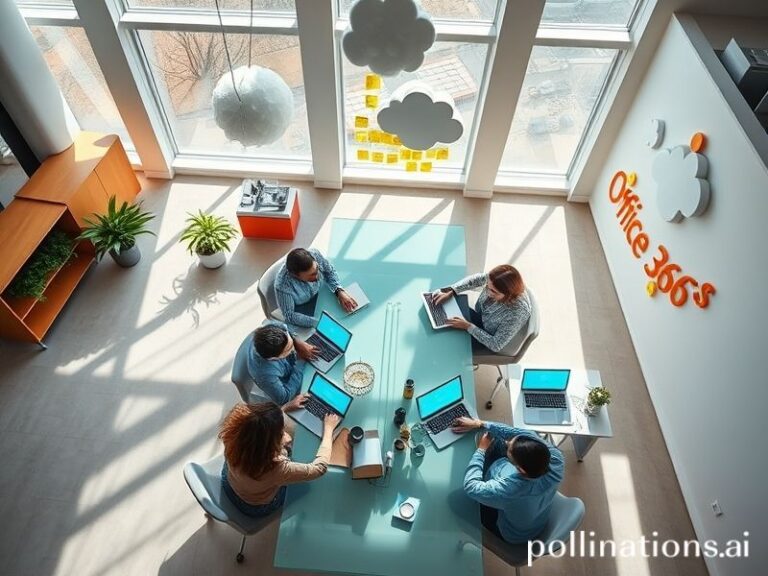Unemployment: The Global Jobless Jamboree That’s Got Everyone Talking
# **Unemployment: The Global Jobless Jamboree That’s Got Everyone Talking**
In a world where memes get jobs (looking at you, “Distracted Boyfriend” and “Woman Yelling at Cat”), it’s no surprise that unemployment is trending globally. But why? Is it because people are finally realizing that “adulting” is overrated, or is there something more sinister afoot? Let’s dive into the cultural context, social impact, and why this topic is more significant than a viral TikTok dance.
### **Why Is Unemployment Trending?**
First off, let’s address the elephant in the room: the pandemic. COVID-19 didn’t just disrupt our Netflix binges; it also sent the global job market into a tailspin. Lockdowns, economic uncertainty, and the rise of remote work have left many people questioning the very nature of employment. But it’s not just about the pandemic. Automation, gig economy trends, and the ever-evolving job market are also playing their part in this global unemployment jamboree.
### **Cultural Context: The Gig Economy and the Rise of the Side Hustle**
Remember when having a single job was the norm? Yeah, those were the days. Now, everyone’s hustling harder than a TikToker trying to go viral. The gig economy has made it trendy to have multiple income streams, but it’s also made job security as rare as a unicorn sighting. Platforms like Uber, Fiverr, and Upwork have given people flexibility, but they’ve also blurred the lines between employment and self-employment.
And let’s not forget the cultural shift towards work-life balance. Millennials and Gen Z are prioritizing mental health and personal fulfillment over the 9-to-5 grind. This has led to a surge in people quitting their jobs in search of something more meaningful—hello, “Quiet Quitting” and “Bare Minimum Mondays.”
### **Social Impact: The Ripple Effect of Unemployment**
Unemployment isn’t just about not having a paycheck; it’s about the ripple effect it has on society. Mental health issues, financial instability, and social inequality are all exacerbated by high unemployment rates. It’s a vicious cycle: unemployment leads to economic downturns, which in turn lead to more unemployment.
But it’s not all doom and gloom. The trend has also sparked conversations about universal basic income (UBI), mental health support, and the need for better social safety nets. It’s a wake-up call for governments and corporations to rethink how they support their workforce.
### **Why This Topic Is Significant**
Unemployment is more than just a trending topic; it’s a reflection of the times we live in. It’s a conversation about the future of work, the gig economy, and the role of technology in our lives. It’s about the struggle for work-life balance and the quest for meaningful employment.
In a world where memes get jobs, it’s clear that the traditional notions of employment are evolving. And as we navigate this new landscape, one thing is certain: the conversation around unemployment is far from over.
### **Conclusion: The Jobless Jamboree Continues**
So, why is unemployment trending globally? Because it’s a complex, multifaceted issue that touches on everything from mental health to economic policy. It’s a topic that’s as relevant as the latest viral challenge and as significant as the future of work itself.
As we continue to navigate this jobless jamboree, let’s remember that the goal isn’t just to find a job but to find meaningful work that aligns with our values and priorities. And who knows? Maybe one day, we’ll look back on this trend and laugh—just like we do at those old memes.
—







